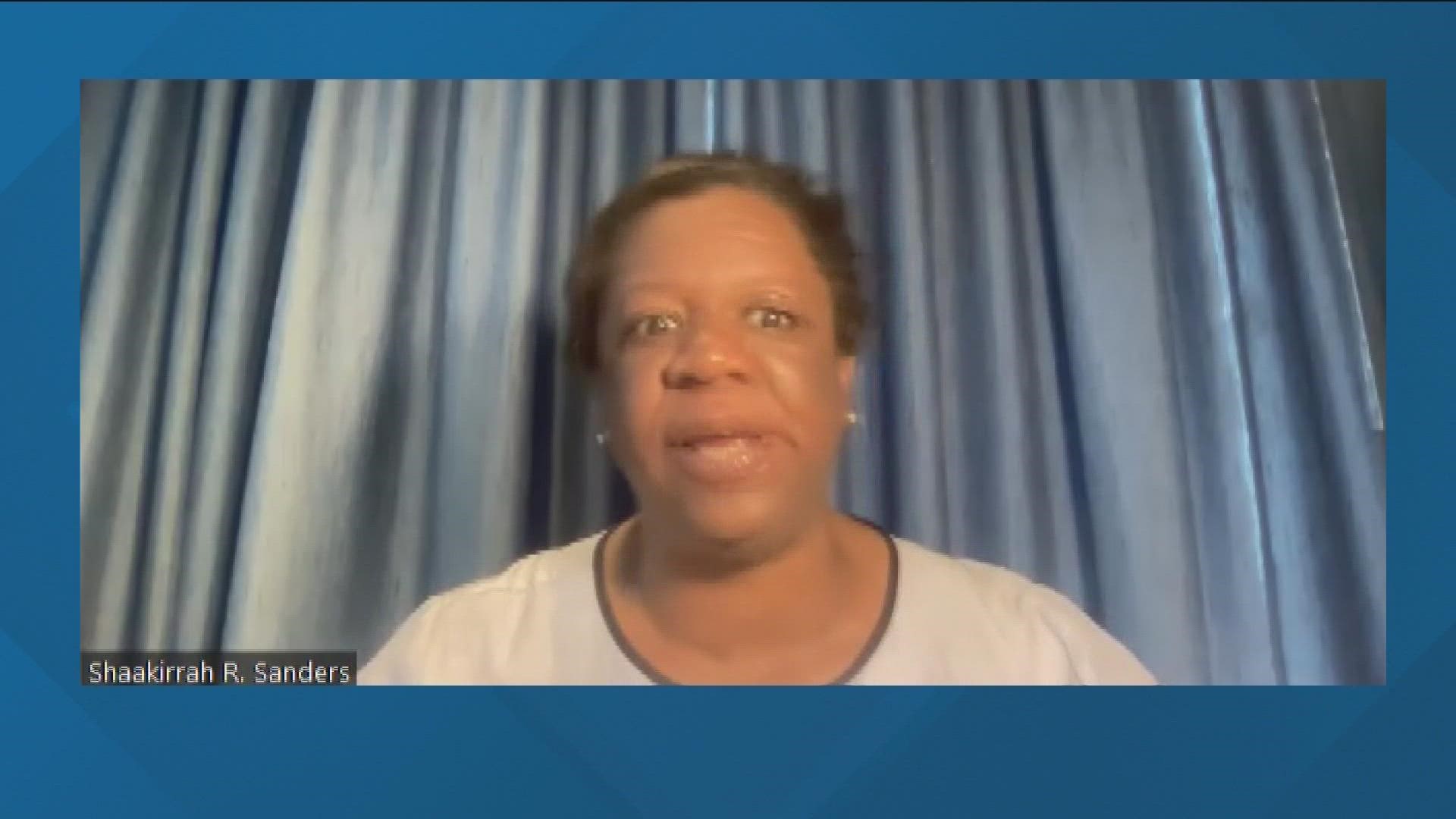BOISE, Idaho — In 2020 the Idaho Legislature passed a law making it a felony to perform an abortion, which is set to go into effect 30 days after U.S. Supreme Court issues a formal judgment restoring to the states' the authority to prohibit abortion.
The Idaho Attorney General and Governor's office expect that formal judgment to come down in 30 days, in late July, meaning Idaho's abortion ban would be triggered in about 60 days.
If a provider does perform an abortion and it's reported as a crime under this trigger law, a prosecutor could press charges. Then the provider would have to go to court.
The law contains exemptions for rape or incest if the pregnant woman files a police report and gives a copy to the abortion provider.
There is another exemption that outlines when a provider would not be convicted of a felony for providing an abortion: they must be able to prove in court that the abortion was necessary to save the mother's life. But how does a doctor determine that?
Under Idaho's law, the provider has to have an "affirmative defense" proven in court by a "preponderance of evidence", meaning they have to prove it's "more likely than not" true that when using "good faith medical judgment" and "based on the facts known to them" the abortion was necessary to prevent the death of a pregnant woman.
University of Idaho School of Law Professor Shaakirah Sanders said this clause in the law is still very unclear. She calls the language around a doctor's good faith medical judgment very "gray".
"The court hasn't really done a lot of work by taking care to evaluate exactly what that standard means and it is unclear to me whether this is just a decision between the doctor and patient," Sanders said, "I don't believe Idaho has a law on the books that exactly details what type of medical conditions that we are talking about. And here, in particular, there is an overwhelming amount of empirical work that demonstrates the high disparities of medical issues when it comes to child birth for women of color."
"You also see disparities when it comes to poor women. It is not exactly clear to me when we're talking about health, safety, life, if we're talking about catastrophic incidents or occurrences," Sanders added.
She said there's no clarity around what happens if medical providers disagree on whether to perform an abortion either.
Because sanders isn't a medical expert she doesn't know how medical providers determine a pregnant woman's life is at risk and when abortion is the best choice to keep her alive. But, a previously mentioned, the term "good faith medical judgment" is a legal term and something a provider will have to prove in court.
Sanders and other experts told KTVB they anticipate this trigger law could get held up in Idaho courts before it takes effect in August, seeing as the decision has now been handed back to the states.
Idaho's trigger law also states an abortion isn't seen as necessary when a doctor believes the pregnant woman might hurt herself. Therefore, Sanders said the law doesn't appear to apply to women with psychological illnesses who may be a danger to themselves.
When asked if she anticipates doctors will avoid performing abortions because they don't want to have to prove it in court, Sanders said she isn't sure what to think.
"I'm not a member of the medical community. That to me seems to be such a specialized area of care when you're in these situations where a woman's life is at risk for some reason related to her pregnancy where terminating is the most viable option of keeping her alive," Sanders said, "It seems it's unlikely to me that any doctor would have the time to seek redress in the court on this. So what we will know and how long it takes us to learn it about how abortions – if anyone's providing them – how they're operating in this space... It's very troubling that this would be such a gray area."
Legal scholars are also discussing whether the decision to overturn Roe takes rights away or extends rights to the unborn. Sanders said it's not that cut and dry; it's about people's perception.
"For many of us the right to terminate a pregnancy has been a part of our history and tradition. That is the load star of the U.S. Supreme Court analysis with regards to what is and is not a right. So I, too, am taking some time to digest. I think we have decades of legal analysis and scholarship to come," Sanders told KTVB. "This issue is way more complex for it to come down to a binary choice of taking away one's right and giving another person a right."
Sanders said some states will beef up abortion accessibility and the future of abortion access in America will be more so about socio-economic status than where someone lives.
Legal scholars and civil rights activists also believe this opinion on Roe could lay the groundwork for reversing other unenumerated rights not laid out in the U.S. Constitution like same-sex marriage.
Watch more Local News:
See the latest news from around the Treasure Valley and the Gem State in our YouTube playlist:

